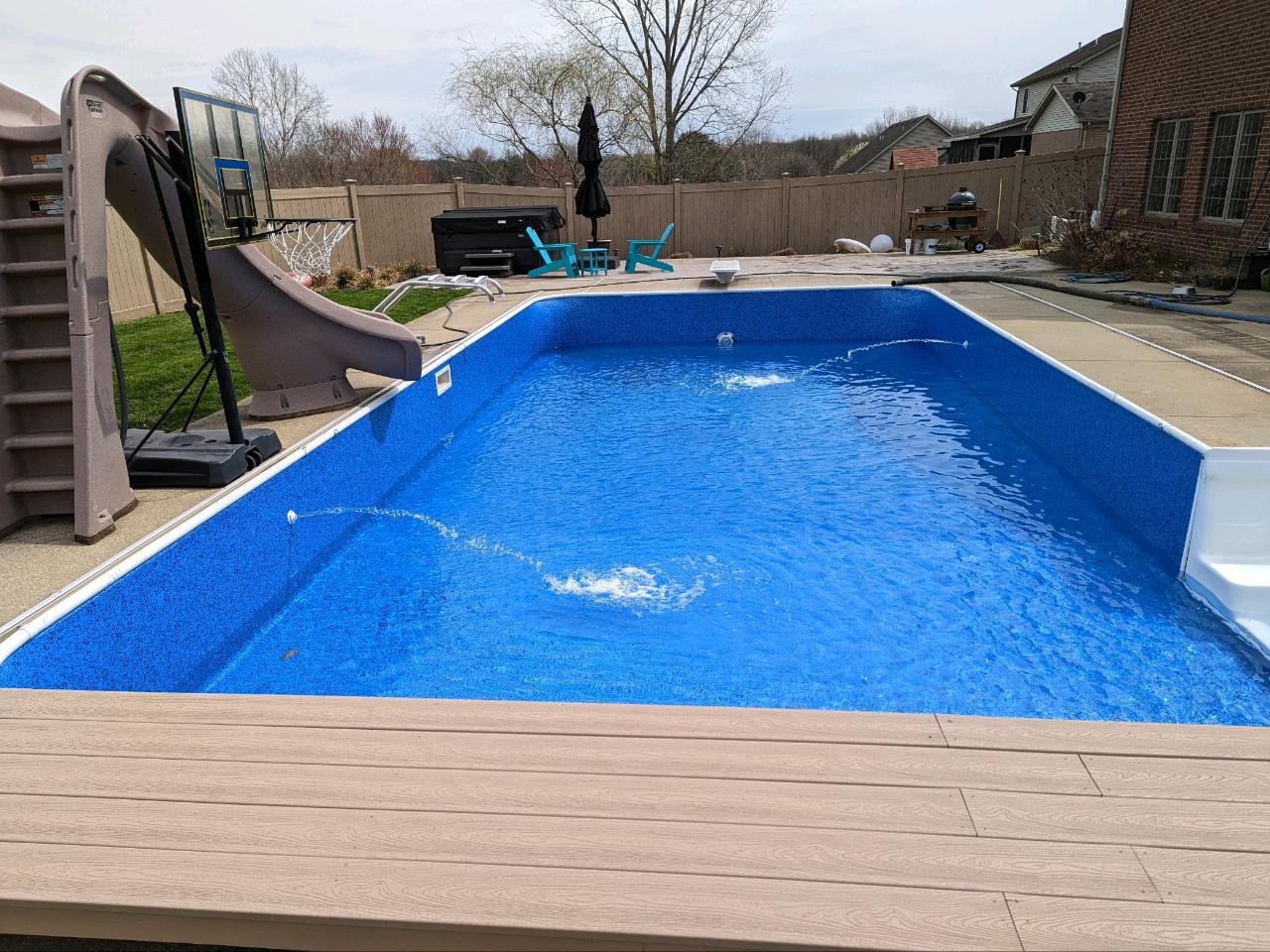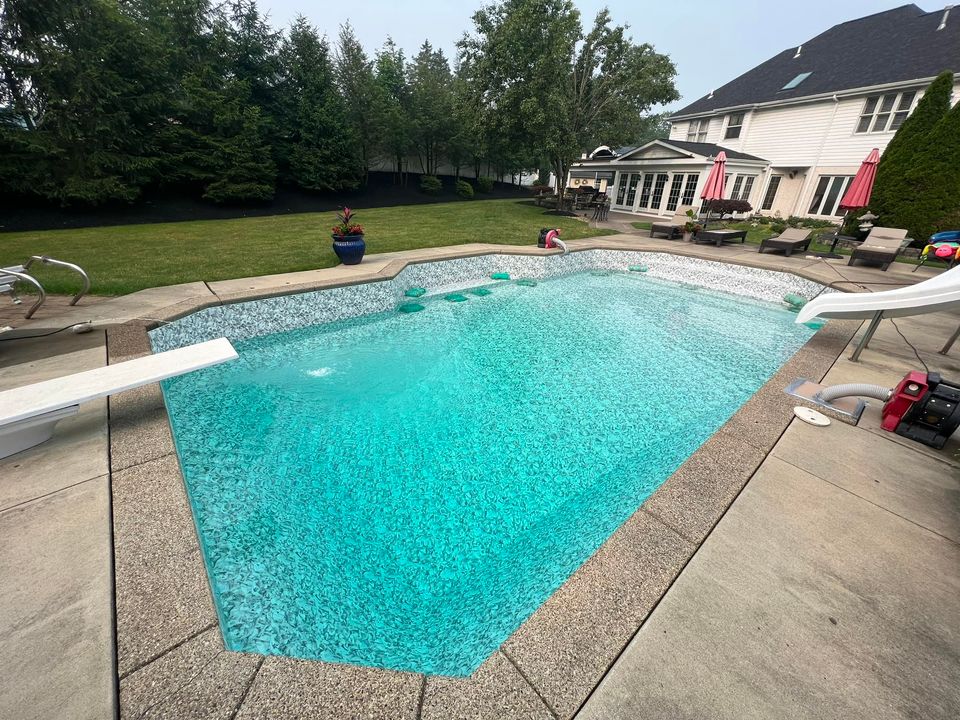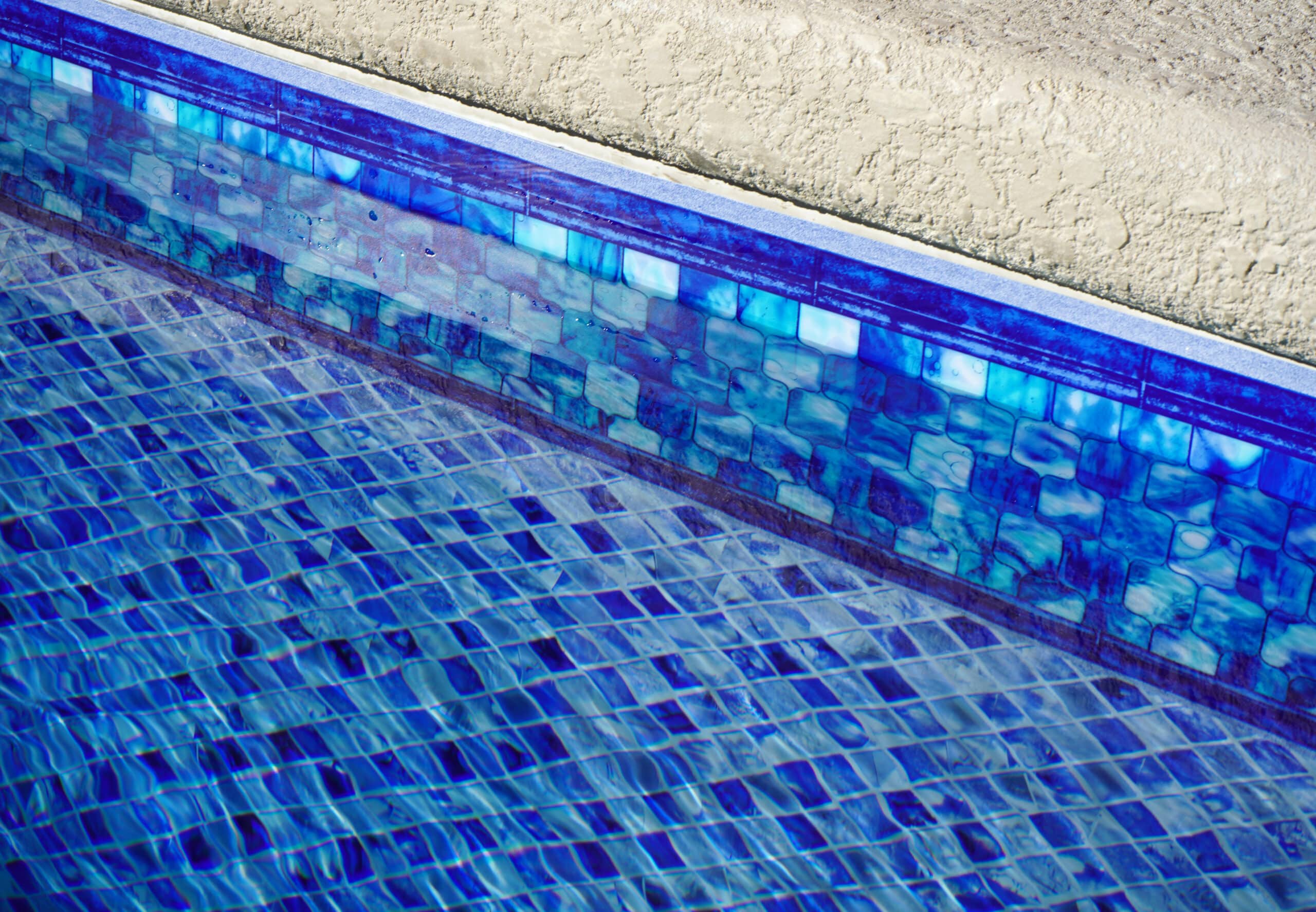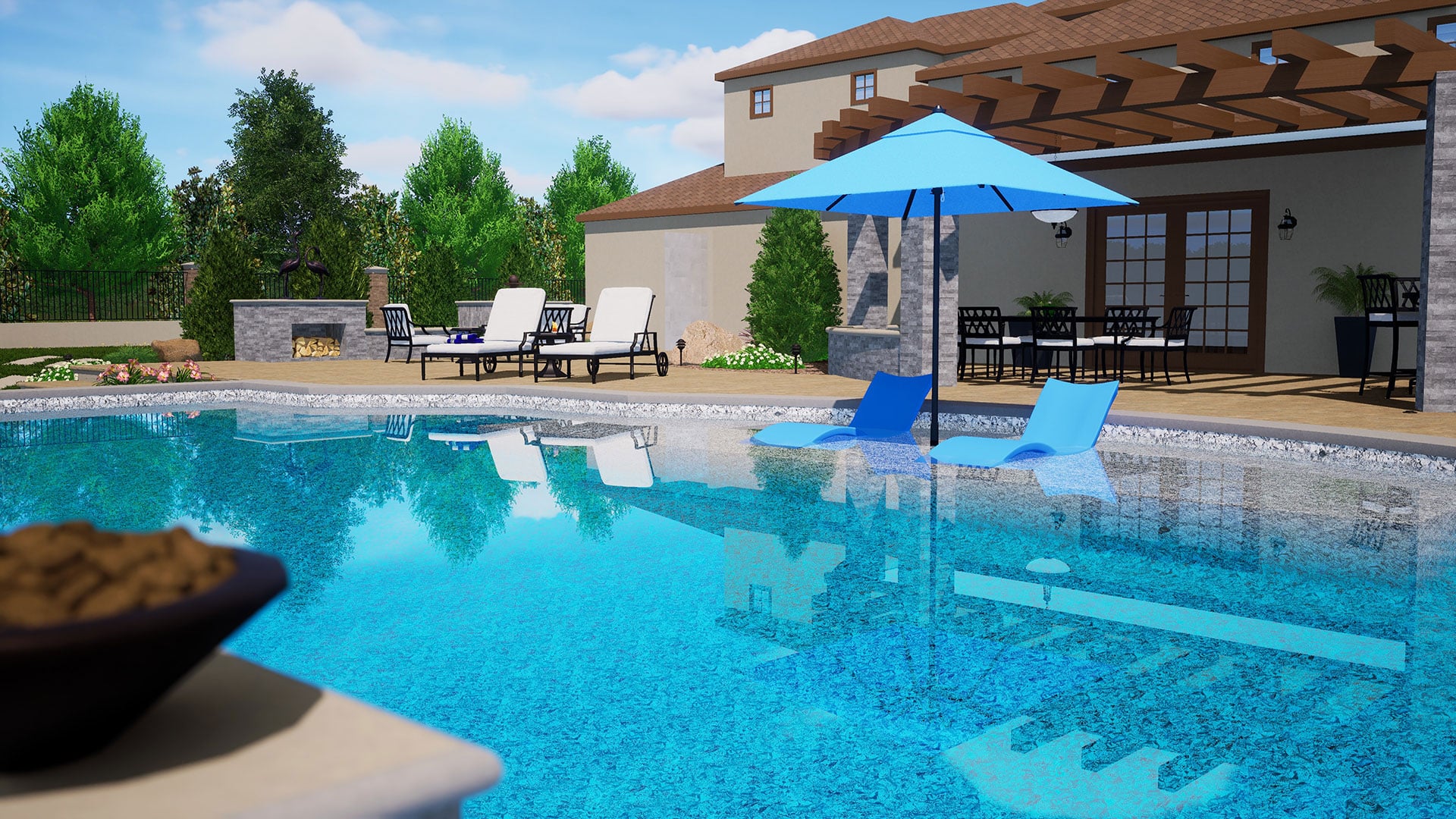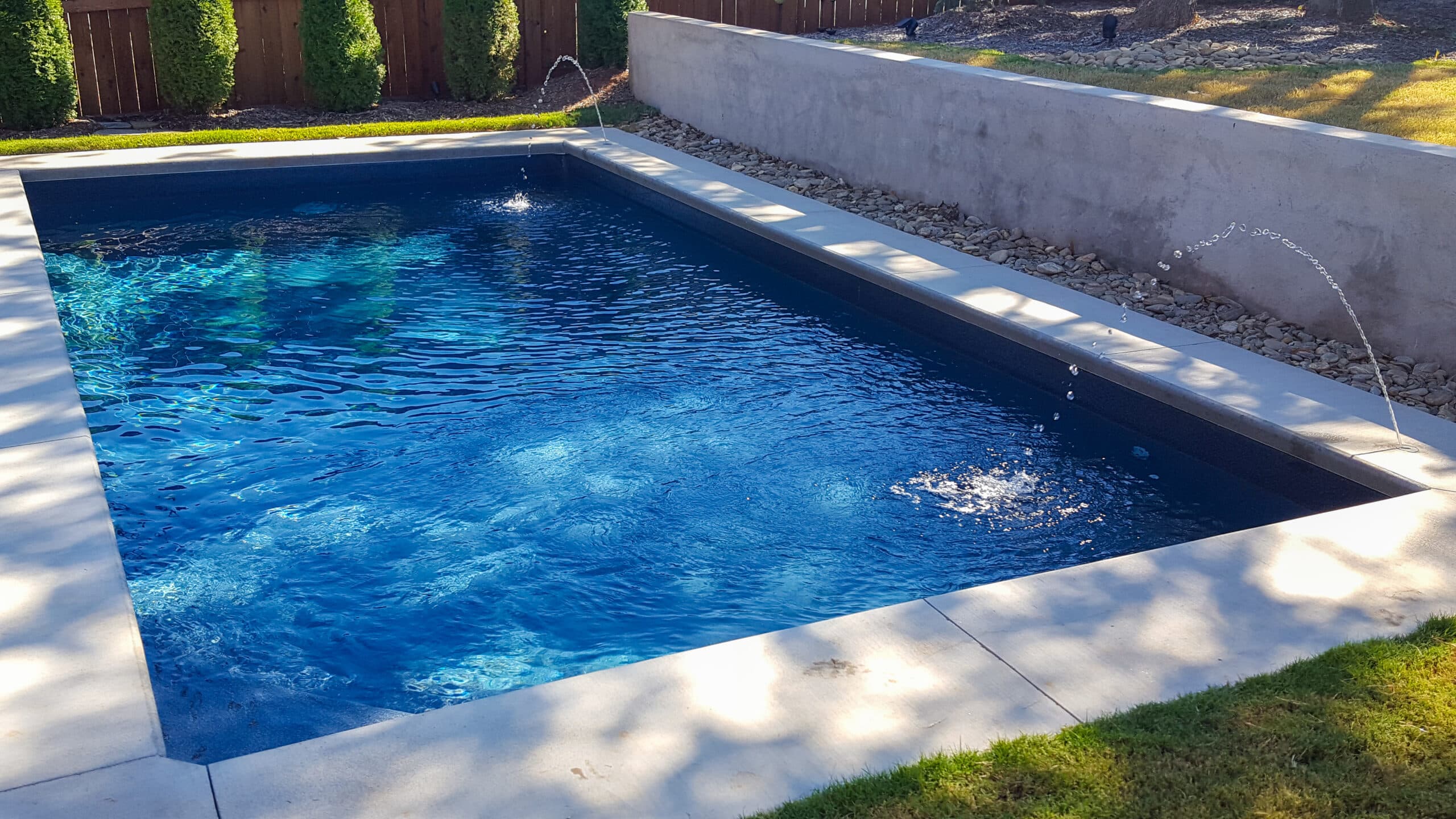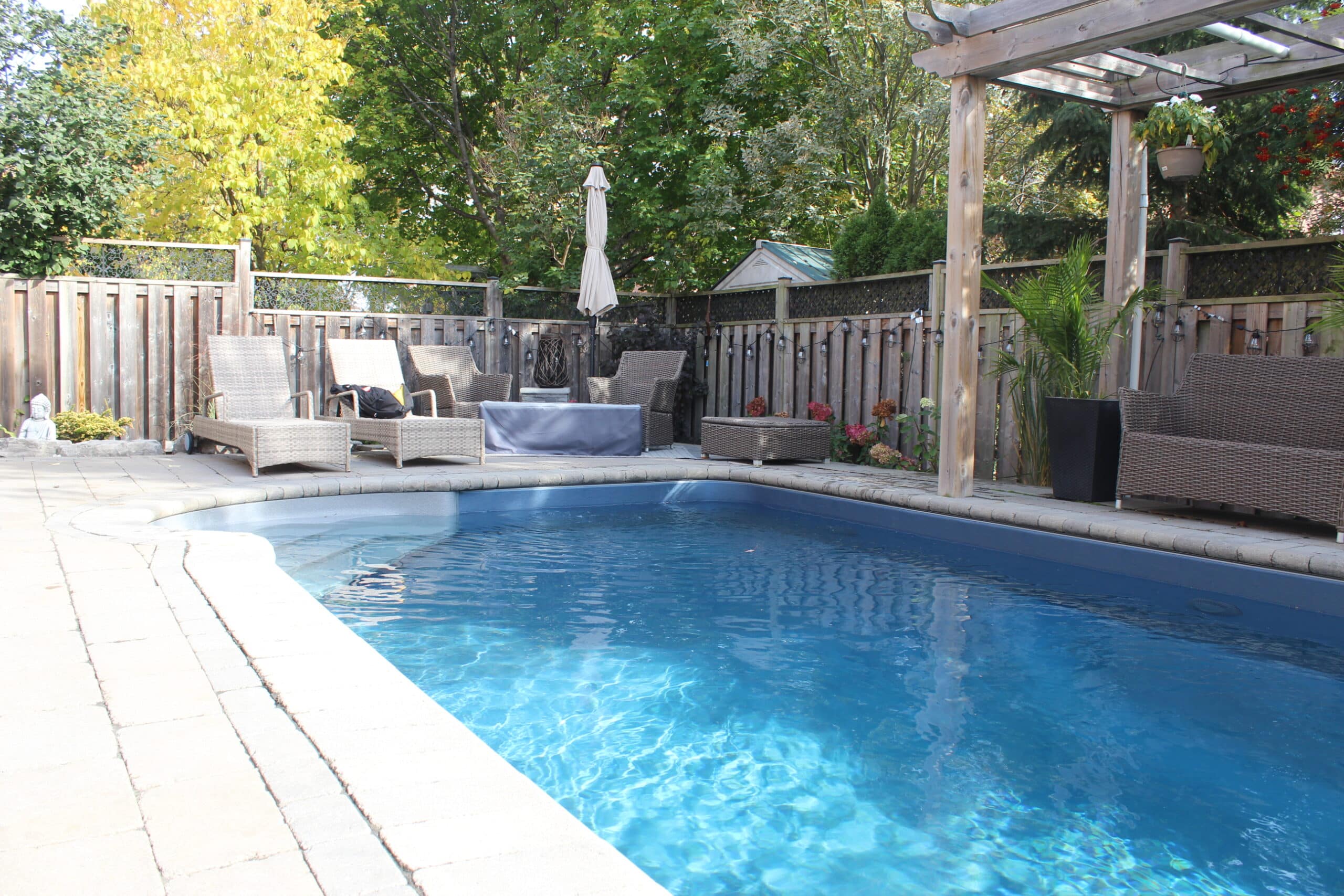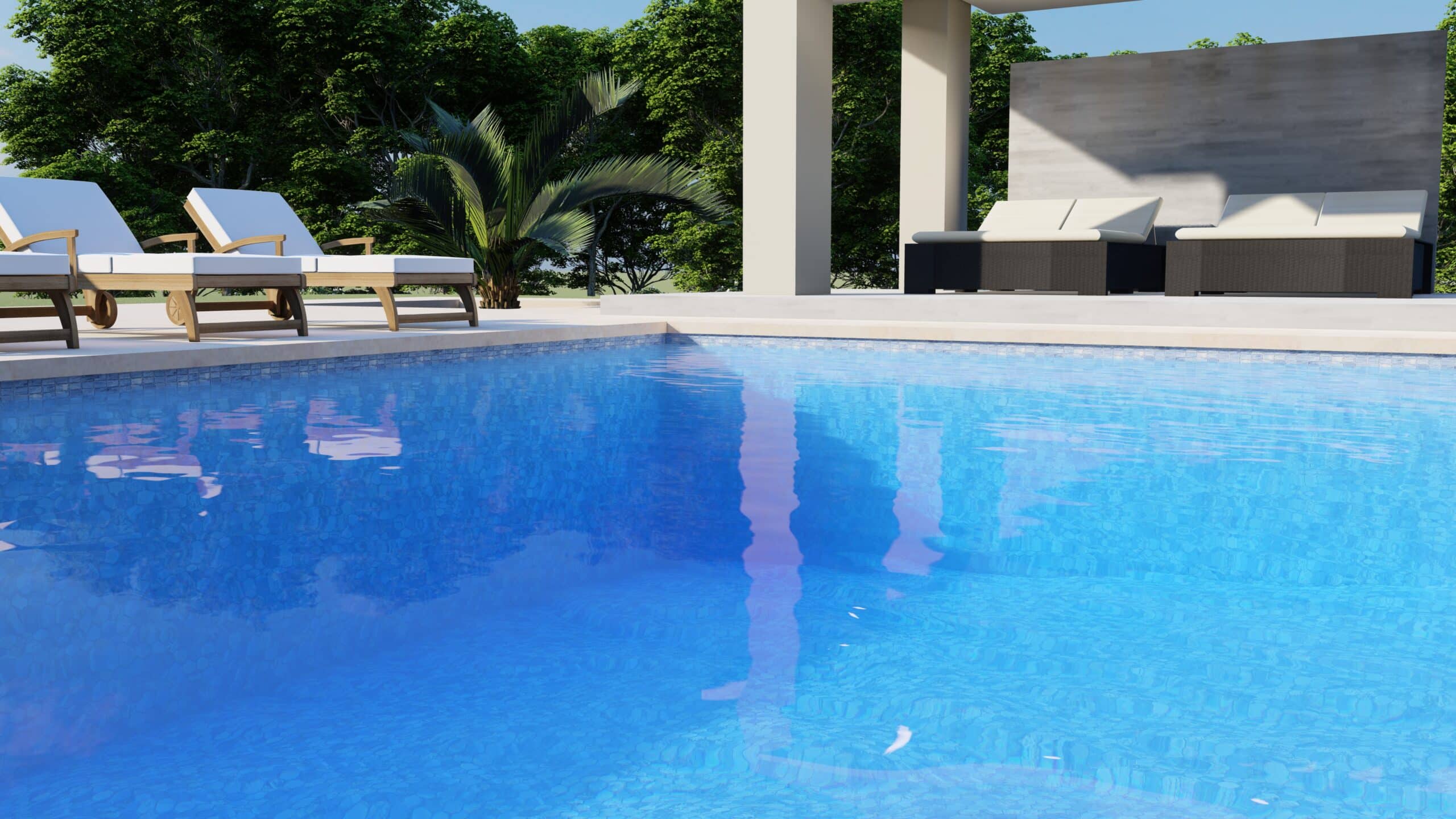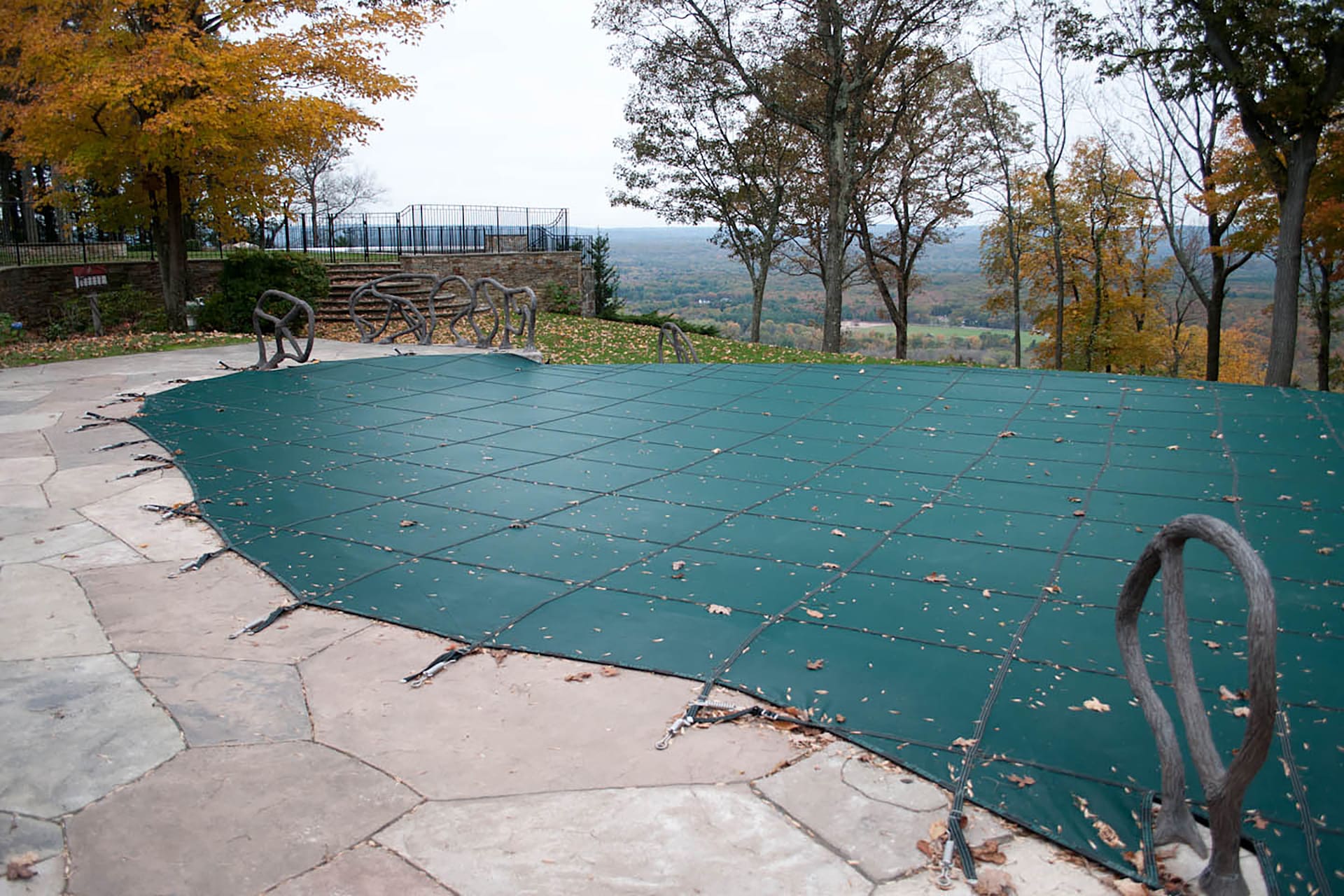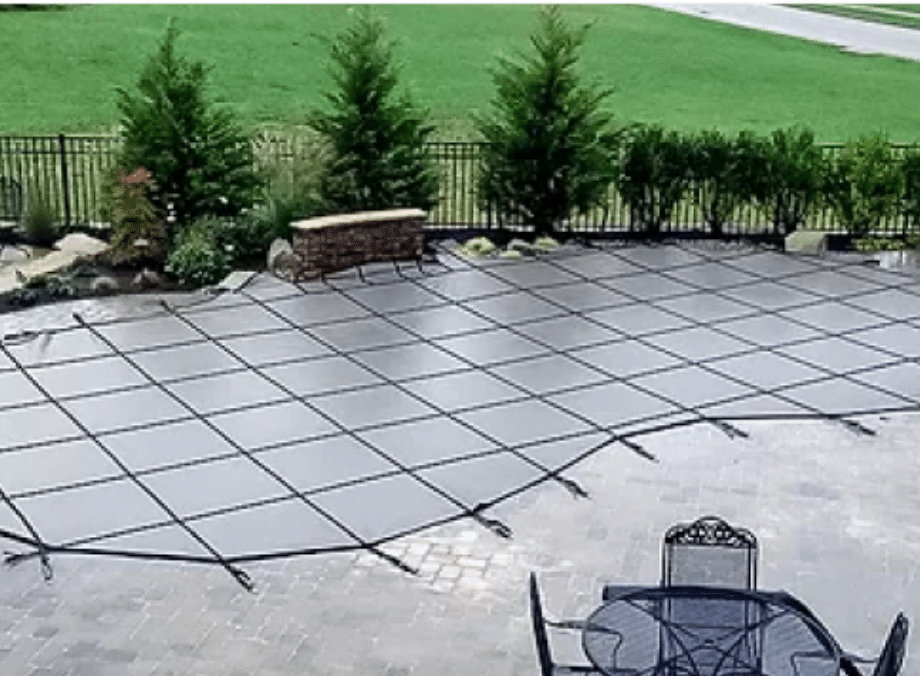As the days grow shorter and the temperatures drop, it’s easy to forget about your swimming pool. However, neglecting your pool during the winter months can lead to costly repairs and maintenance issues come springtime. To ensure your pool remains in top shape year-round, it’s essential to implement some winter pool maintenance tips. In this blog post, we’ll share valuable insights and strategies to help you protect your investment and enjoy a hassle-free swimming season next year.
Clean and Balance Your Pool Water
Before you close your pool for the winter, it’s crucial to clean and balance the water. Start by skimming the surface to remove any debris, leaves, or twigs that might have fallen in. Next, test the water’s pH, alkalinity, and chlorine levels. Properly balanced water will prevent algae growth and corrosion during the winter months. Adjust the chemical levels as needed, following the manufacturer’s recommendations or consulting with a professional.
Invest in a High-Quality Pool Cover
A robust and well-fitted pool cover is your first line of defense against winter debris and harsh weather conditions. Look for a cover designed specifically for your pool shape and size. A tight-fitting cover will not only keep leaves and debris out but also minimize water evaporation, which can help you save on water and heating costs.
Winterize Your Pool Equipment
To protect your pool equipment from freezing temperatures, it’s crucial to winterize it properly. Start by disconnecting and draining the pump, filter, and heater. Remove any remaining water from the plumbing lines using a shop vacuum or air compressor. Store the equipment in a dry, sheltered area to prevent damage from moisture and cold.
Monitor Water Level
During the winter, it’s essential to monitor the water level in your pool. Heavy rain or snow can cause the water level to rise, potentially damaging your pool cover or equipment. Conversely, if the water level drops too low, it can lead to structural damage. Use a pool water leveler or regularly check and adjust the water level to keep it within the recommended range.
Prevent Ice Damage
Freezing temperatures can be particularly problematic for pool owners. Ice formation can damage pool walls, tiles, and the pool structure itself. To prevent ice damage, consider using an ice equalizer or pool pillow. These devices help distribute the pressure of ice on the pool’s surface, reducing the risk of cracking or damage.
Regularly Remove Snow and Debris
If you live in an area with heavy snowfall, make sure to regularly remove snow from your pool cover. Excessive snow accumulation can put extra strain on the cover and even cause it to sag or tear. Use a pool brush or a soft broom to carefully remove snow without damaging the cover. Additionally, clear any debris that accumulates on the cover to prevent it from decomposing and contaminating the water.
Schedule Periodic Inspections
Even during the winter months, it’s a good idea to schedule periodic pool inspections. This can help you catch any issues early and prevent more significant problems down the road. Pay attention to the pool cover’s condition, check for leaks, and ensure that all winterization measures are holding up.
Proper winter pool maintenance is essential to ensure your pool remains in excellent condition and ready for the next swimming season. By following these tips from Merlin Industries and investing some time and effort into winterizing your pool, you’ll not only protect your investment but also enjoy a worry-free and sparkling clean pool when the warmer months return. Remember, a little winter care goes a long way in maintaining a beautiful and functional pool all year round.

